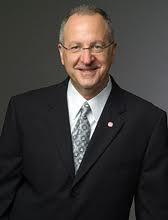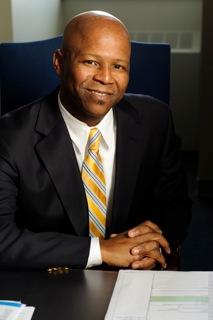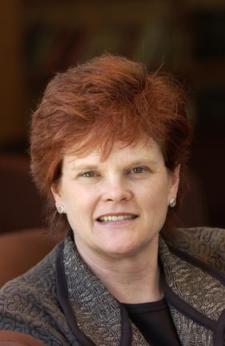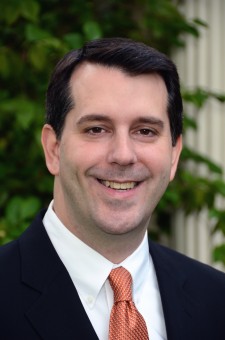Nancy Hargrave Meislahn, Dean of Admission and Financial Aid, at Wesleyan University of Middletown, Connecticut, joins us this month and graciously answers -- not five -- but six questions.
Wesleyan was founded in 1831 by leaders of the Methodist Episcopal Church and began with 48 students (all men); the president; three professors; and one tutor. Tuition was $36 per year.
Today, Wesleyan’s 316-acre campus located in central Connecticut hosts about 2,900 full-time undergraduates – both men and women -- who choose among more than 900 courses offered in 40 departments and 44 major fields of study, taught by 375 faculty members. Its student/faculty ratio remains at 9 to 1, with two-thirds of classes enrolling fewer than 20 students.
Named for John Wesley, the founder of Methodism, the college was never a seminary, but offered a liberal arts program from its inception. Unlike most college curriculums at the time of its founding which were steeped in the classics, Wesleyan set out to put modern languages, literature, and the natural sciences on equal footing. That orientation continues today with students pursuing a self-directed curriculum, numerous undergraduate interdisciplinary programs, and broad research opportunities.












 The role diversity plays in college admission is complex, sometimes divisive, and often not well understood by students and parents. It is receiving renewed attention in the wake of the Supreme Court’s agreement to hear a case challenging the University of Texas’ admission policy, which will effectively consider whether affirmative action should be eliminated.
The role diversity plays in college admission is complex, sometimes divisive, and often not well understood by students and parents. It is receiving renewed attention in the wake of the Supreme Court’s agreement to hear a case challenging the University of Texas’ admission policy, which will effectively consider whether affirmative action should be eliminated.